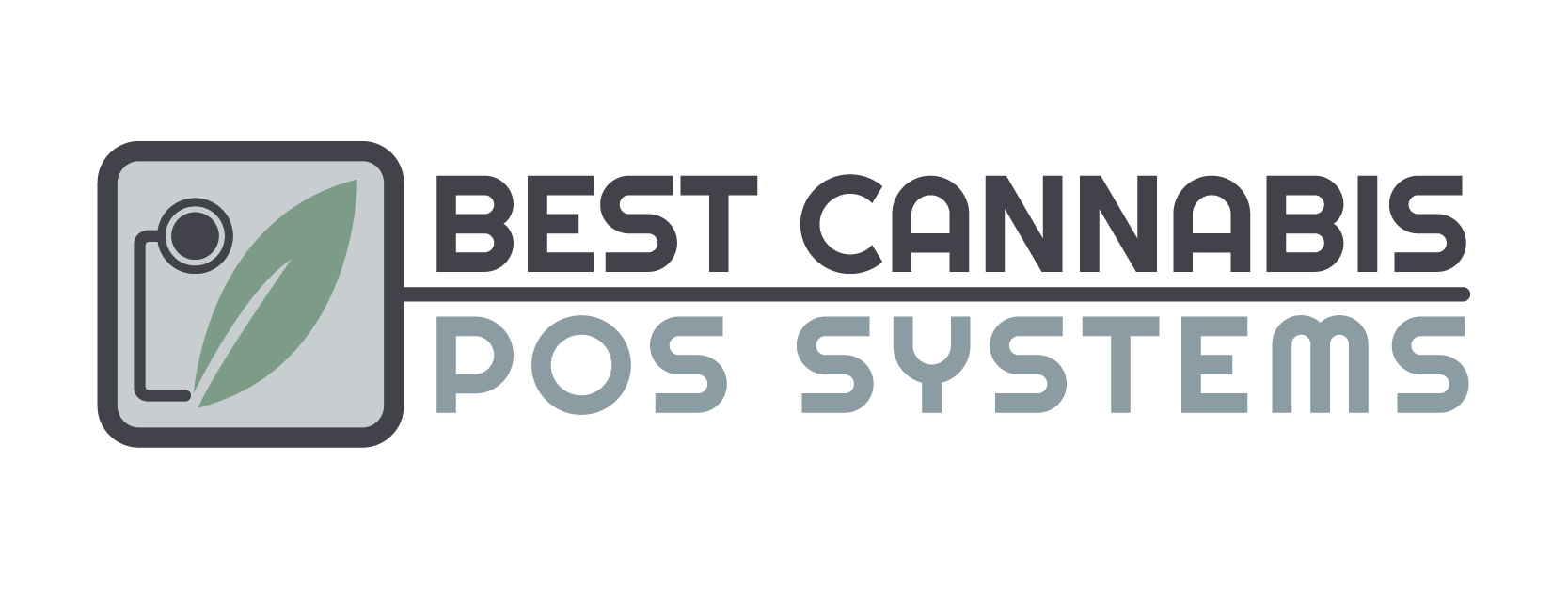In today’s fast-paced cannabis retail environment, the point-of-sale (POS) system is more than just a checkout tool—it’s the heart of the dispensary’s daily operations. For budtenders, a well-structured POS training program can be the difference between a seamless transaction and a frustrating customer experience. Proper training not only boosts transaction speed and accuracy but also increases customer satisfaction and staff confidence on the sales floor. In an industry where service and compliance intersect, ensuring your team is fully equipped to operate POS systems efficiently is essential.
Why POS Training Matters in Cannabis Retail
Unlike traditional retail, cannabis dispensaries operate under strict regulatory oversight. Budtenders must juggle customer engagement, compliance checks, and product knowledge—often in high-volume environments. The POS system plays a central role in this process, guiding staff through ID scanning, purchase limits, product availability, tax application, and loyalty program integration.
When budtenders are not adequately trained, common issues arise: delayed transactions, incorrect discounts, inventory mismatches, and compliance violations. These hiccups not only damage customer trust but can also trigger regulatory fines or penalties.
Efficient POS training bridges this gap, ensuring budtenders understand both the technical capabilities of the software and the customer service expectations that go along with it.
Key Components of Effective POS Training
1. Hands-On System Walkthroughs
Training should begin with a hands-on introduction to the POS interface. New hires should simulate transactions, returns, customer profile creation, and ID verification. Role-playing common scenarios helps familiarize staff with the system under real-time pressure. Ideally, this includes both recreational and medical workflows where applicable, especially in dual-licensed stores.
2. Compliance and Verification Modules
Each POS action can carry regulatory implications. Training must include modules on:
- Age verification and ID scanning
- Purchase limits by category (e.g., flower, edibles, concentrates)
- Proper discount application (veteran, senior, loyalty)
- Seed-to-sale tracking integrations (e.g., METRC, BioTrack)
By integrating local and state regulations into POS training, dispensaries minimize compliance risks and improve operational reliability.
3. Speed and Efficiency Drills
Speed matters—especially during peak hours. Training should involve time-based drills focused on scanning products, processing payments, and troubleshooting errors. The goal is to build muscle memory and confidence, enabling budtenders to keep lines moving while maintaining accuracy.
POS systems with keyboard shortcuts, barcode scanners, and integrated product lookup tools should be highlighted to enhance workflow speed. In addition, staff should be encouraged to keep frequently asked questions or top-selling products memorized for quicker customer service.
Enhancing Customer Satisfaction Through POS Mastery
A well-trained budtender using an intuitive POS system becomes a powerful sales asset. With the ability to quickly pull up product history, suggest similar items, and apply rewards, they foster a personalized customer experience. Training should include:
- How to use the POS system to view a customer’s previous orders
- Activating and explaining loyalty programs or point redemption
- Adding notes to customer profiles for personalized recommendations
When customers feel seen and remembered, they are more likely to return and refer others.
Leveraging Built-In POS Tools for Training
Modern cannabis POS systems like Dutchie, Treez, Sweed, and Meadow often come with built-in training modules, sandbox environments, and guided tutorials. Dispensaries should take full advantage of these features during onboarding and beyond.
Managers can also run POS usage reports to identify which staff may be struggling with certain functions, offering targeted re-training when necessary. Analytics dashboards can uncover patterns such as longer-than-average transaction times or frequent return errors.
Ongoing Training and Updates
Cannabis retail is dynamic. Laws change, product offerings evolve, and POS systems roll out new features. That’s why POS training isn’t a one-and-done effort—it requires ongoing updates.
Schedule refresher training quarterly or whenever system updates occur. Make it interactive with quizzes, team competitions, or incentives for top performers. Encourage staff to report glitches or inefficiencies to improve internal SOPs.
Final Thoughts
Investing in POS training for budtenders is more than operational housekeeping—it’s a strategic advantage. When staff are empowered to navigate the POS confidently, the results are clear: faster transactions, fewer mistakes, higher customer satisfaction, and better compliance.
By creating a robust training framework, dispensaries not only enhance their bottom line but also elevate the customer experience—solidifying their reputation in an increasingly competitive market.

